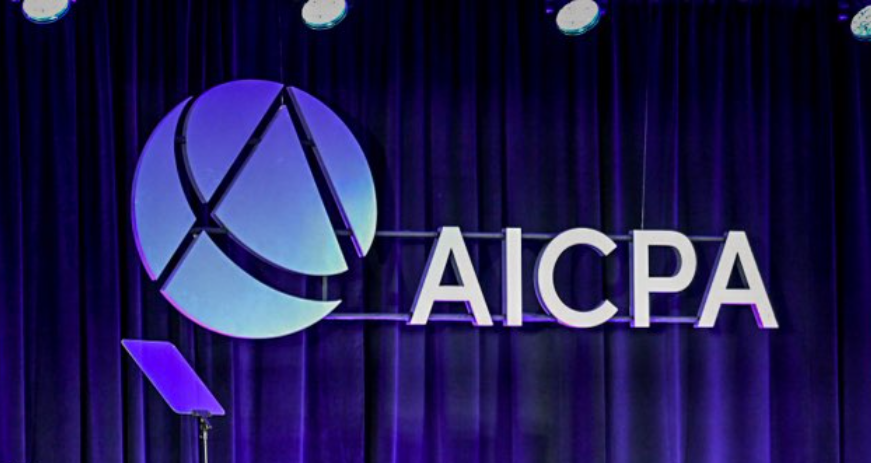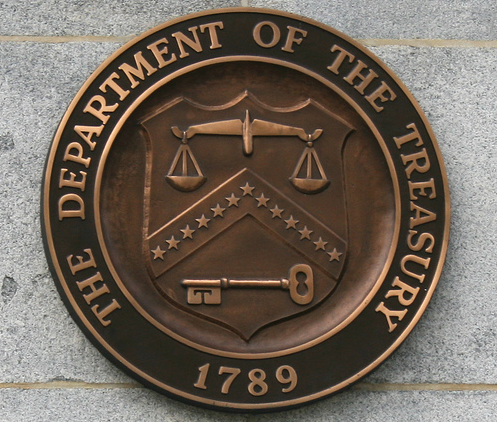In a letter submitted to the U.S. Department of the Treasury and the Internal Revenue Service (IRS), the American Institute of CPAs (AICPA) provided comments on section 1202 of the Internal Revenue Code, partial exclusion for gain from certain small business stock. Section 1202 was enacted as part of the Omnibus Budget Reconciliation Act of 1993 as an incentive for taxpayers to start and/or invest in certain small businesses.
In the case of a taxpayer other than a corporation, section 1202 states that gross income shall not include from 50 percent to 100 percent of any gain from sale or exchange of qualified small business stock (QSBS) held for more than five years, depending on the date of the issuance of the stock. Section 1202 provides for meaningful gain exclusion, given a variety of tests are met.
AICPA is seeking further guidance and clarification from Treasury and the IRS on section 1202 on three main areas:
- $50 Million Requirement
- Clarify that the term predecessor is limited to a corporation (or entity treated as a corporation for U.S. federal income tax (USFIT) purposes) that transfers substantially all its assets to a successor corporation in (i) a transaction to which section 381 applies or (ii) a tax-free contribution to capital qualifying under section 118 and/or section 351.
- Clarify that, in testing for “immediately after” the issuance of stock, a binding commitment standard applies with respect to the $50 Million Requirement.
- Issue guidance regarding the Aggregation Rule.
- Adopt a procedural rule that would permit a QSBS issuer to measure its aggregate gross assets (AGA) for purposes of determining whether the $50 Million Requirement is met from the QSBS Issuer’s available periodic financial and tax data (such as financial statements as adjusted for general federal tax purposes and/or for section 1202-specific amounts) subject to a rule requiring date-specific analysis for extraordinary events between the period measurement dates (e.g., an acquisition, disposition, borrowing, or stock issuance) for purposes of ascertaining its compliance with the $50 Million Requirement.
- Active Business Requirement
- Provide in the guidance authority to rely on the Treas. Reg. § 1.199A-5, the definition of a specified services trade or business for purposes of defining the statutory language of section 1202(e)(3)(A), and issue clarifying guidance for those qualified trades or businesses (QTOBs) that are not covered by the 199A regulations.
- Issue guidance on 80 Percent Test.
- Corporate Transactions
- Clarify that transactions described in section 1202(h)(3) are not subject to the limitations described in section 1202(h)(4)(B).
- Clarify that regulations promulgated under section 1244 also apply, with some modifications, for purposes for section 1202(h)(3).
- Provide guidance on section 1202(h)(4)(A) which expands the definition of QSBS to include stock that would not otherwise be QSBS that is received in a transaction described in section 351 or section 368 if such stock is received in exchange for QSBS (“Deemed QSBS”).
- Provide guidance clearly stating that stock received by a taxpayer in exchange for services provided to a subsidiary of the stock issuer may be QSBS.
“Although growing numbers of small business owners have raised questions regarding how section 1202 applies, there has been little administrative guidance since it was enacted,” says Ning Yim, senior manager, AICPA Tax Policy & Advocacy. “AICPA believes further guidance from Treasury and the IRS on section 1202 will provide taxpayers with needed clarity on how this benefit applies and whether they are eligible to take advantage of it.”
Thanks for reading CPA Practice Advisor!
Subscribe Already registered? Log In
Need more information? Read the FAQs
Tags: Accounting, AICPA


![natural_disasters_list_1_.56117a5e5df03[1]](https://www.cpapracticeadvisor.com/wp-content/uploads/2021/12/natural_disasters_list_1_.56117a5e5df03_1_.61c1db14bf0ea.png)
